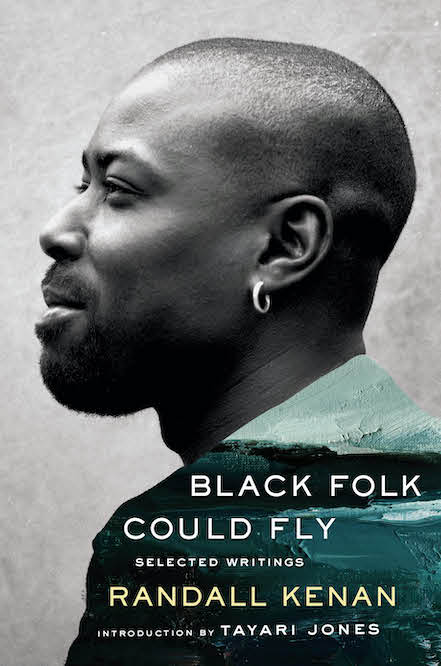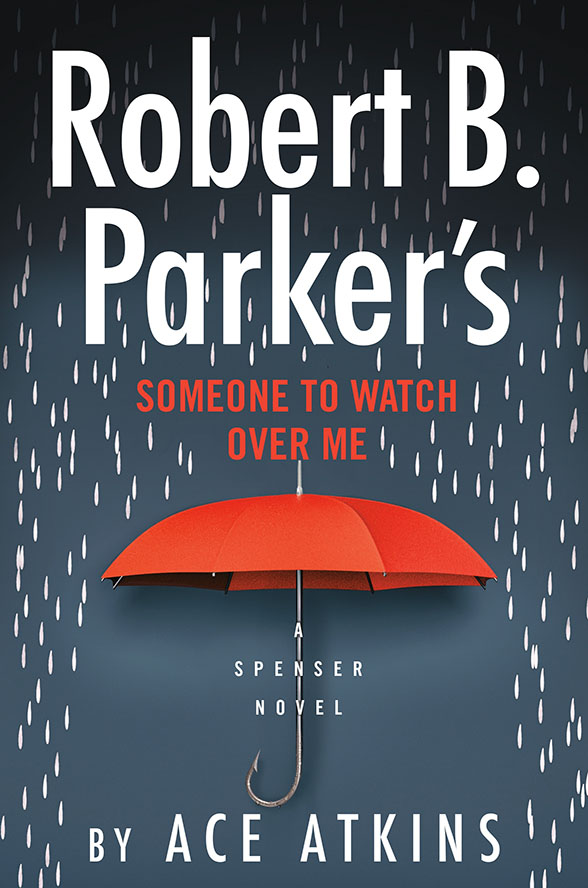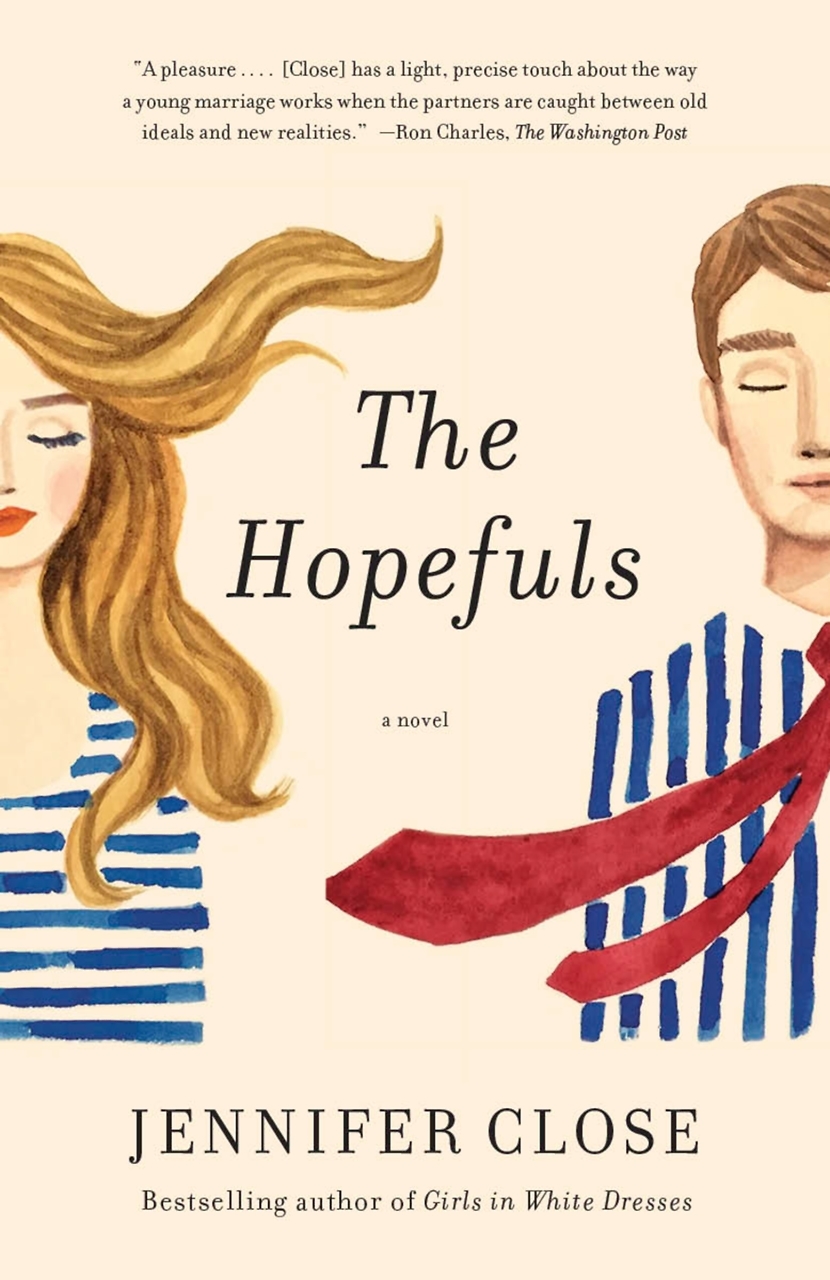A Murder on Campus
The psychology of deception takes center stage in R.J. Jacobs’ new thriller
It’s hard to resist a mystery novel involving a murder in a prestigious psychology department, not to mention one written by a practicing psychologist. This Is How We End Things by Nashville psychologist R.J. Jacobs explores the inner workings of a team of Ph.D. candidates and their reaction when their daily lives descend into terror.
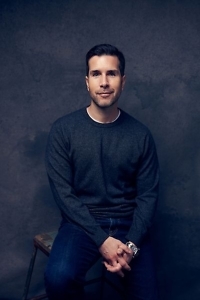
The stakes are raised from the beginning when a psychological report reveals that an unnamed patient committed murder in their youth. This report sets an ominous tone, and when one of the grad students is killed on campus, the rest of the team unravels. Not only does the team fall apart, but their supervisor, Professor Joe Lyons, is placed in a terrible bind.
Lyons, a distinguished professor known for his fearless research, has a reputation that opens doors for students who work alongside him. “He’s a rock star in their insular world,” Jacobs writes, “his publications playing out like events, like an anticipated world premiere.” Under Lyons’ supervision, the Ph.D. candidates work hard to gain his approval, putting in ridiculous hours every day and engaging in intense, risky experiments that push the boundaries of ethical research.
The mystery unfolds over the course of a few days at elite Dorrance University, which is surrounded by an idyllic university town, not a place where murder happens. The town is “charming, where historic markers dot walkways. Brick is ubiquitous and well-scrubbed, and fountains anchor a central courtyard.” Jacobs, who completed a post-doctoral residency at Vanderbilt University, is well acquainted with academia. From petty quarrels to jealousy to outright contempt, Jacob puts the team’s interpersonal dynamics under the microscope. Third person point-of-view moves through sections titled with character names, allowing a generous amount of time for each character to be examined.
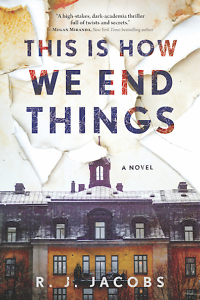 Scarlett, a member of the research team described as “the moral compass,” pursues her Ph.D. while raising a daughter as a recently divorced mom. Through her character, Jacobs captures the sacrifices made to succeed in academia. “University life in general suited her, strolling manicured paths between storied lecture halls and world class laboratories, while guitar notes from students drifted in the wind, felt invigorating enough to justify the worrisome debt she’d taken on, the bills she struggled to pay, and the unvarying meals of noodles she and her daughter consumed.”
Scarlett, a member of the research team described as “the moral compass,” pursues her Ph.D. while raising a daughter as a recently divorced mom. Through her character, Jacobs captures the sacrifices made to succeed in academia. “University life in general suited her, strolling manicured paths between storied lecture halls and world class laboratories, while guitar notes from students drifted in the wind, felt invigorating enough to justify the worrisome debt she’d taken on, the bills she struggled to pay, and the unvarying meals of noodles she and her daughter consumed.”
After the murder, the narrative follows Detective Alana Larson as she questions the graduate students about their whereabouts the night of the killing. Detective Larson proves to be the novel’s most interesting character, a veteran cop who gave up big city police work to find a different rhythm of life in a university town. She has spent most of her time dealing with property crimes and sexual assaults until murder kicks her into high gear, searching for a killer.
Jacobs is effective at portraying the detective mind at work; he allows insight into how Larson thinks while searching for the truth, and she becomes the engine that drives the story as she methodically gathers information and gauges the potential of each student to do harm. This is no small feat considering these students have studied the psychology of deception, honing their ability to mislead. Larson must outmaneuver these whip-smart, talented people who have their own secrets to hide.
This Is How We End Things will have readers turning pages to find out Detective Larson’s next discovery and learn the depths of duplicity within Joe Lyons’ research team. Jacobs provides twists, turns, and revelations to satisfy the reader’s desire for surprise, and he leans into the dark academia aesthetic for those who appreciate the edgy side of campus life.

Billy Kilgore is a writer, at-home dad, and ordained pastor. He lives with his wife and two sons in Nashville. His writing has appeared in The Washington Post’s “On Parenting” column, Narratively, Scary Mommy, and Fatherly. He is a graduate of the University of Tennessee at Chattanooga.
